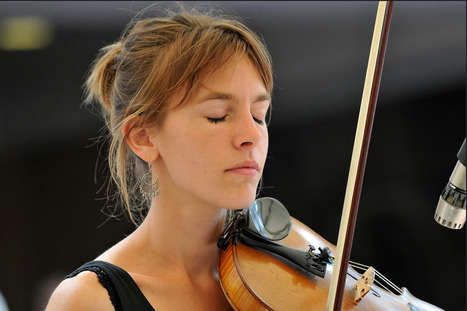Most people like to think they are unbiased and capable of making fair, objectives decisions when it comes to judging or assessing others. Unfortunately, that is far from reality.
Decades of research suggests that unconscious or implicit bias is universal, and these attitudes and stereotypes affect decision making in ways that people aren’t aware of. Even people who consciously go out of their way to avoid biased assumptions can be influenced by unconscious biases that have been accumulating since childhood.
Implicit bias has been a longstanding concern in job interviewing and hiring decisions. A classic case that opened many eyes to the problem involved classical musicians auditioning for symphony orchestras.
In the 1970s, women made up only 5 percent of professional symphony musicians. Orchestras gradually moved to blind auditions, where the performer is hidden behind a curtain so the people evaluating them can hear but not see them—meaning they can’t make judgments based on gender, age, appearances, or anything other than how well the musicians play.
Within a decade, the ratio of women had risen to 25 percent.



 Your new post is loading...
Your new post is loading...






